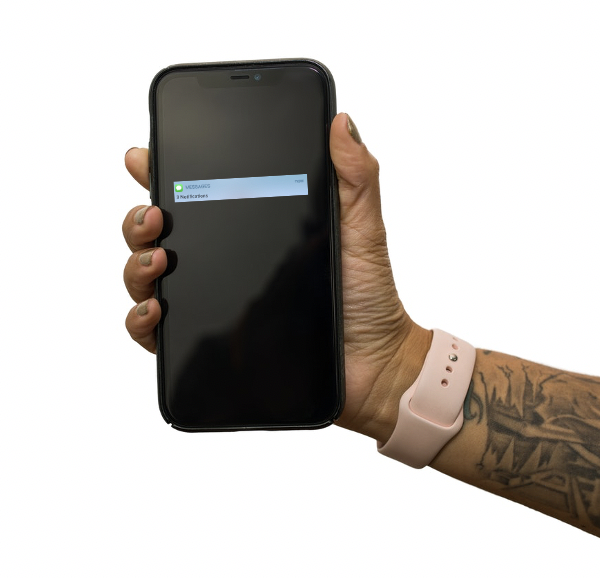
Did you know that crooks not only send phishing emails and make scam phone calls to try to steal your identity and money, they also send text messages. “Smishing” scams—the term is a mixture of the words SMS + phishing—can be avoided when you know what to look for.
Warning signs
Be wary of any unexpected text message from an unknown number. Smishes may prompt you to follow a link or reply—usually by offering you something or provoking your curiosity or fear. Don’t do it!
Here are two common smishes:
- You are told you’ve won a prize—in a contest you never entered. Pressing the link in the text or replying will tangle you in requests for account information or payment of fees to receive a prize that never arrives.
- You are told your package has arrived—but you didn’t order one. The fake tracking link will take you to a site asking for your credit card number to cover shipping costs for a package you will never receive.
For more examples, see Safe Computing: Text Message (SMS) Scams—Smishing.
If you get a smish
- Do not open links from unknown numbers or unsolicited, unexpected texts.
- Do not reply. That tells the scammer that your number is active.
- Contact the sender using a verified phone number or email address if you think the message may be legitimate.
